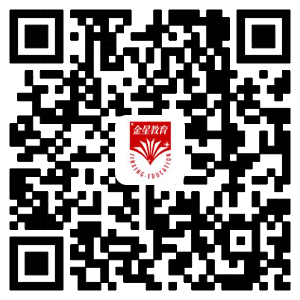注:当be sure [certain]为肯定式或疑问式时,后接that从句;当be sure [certain]为否定式时,后接whether [if]从句。如:
I’m not sure [certain] whether he still works there. 我不能肯定他是否还在那里工作。
I wasn’t sure [certain] whether he would agree. 我不太肯定他是否会同意。
He wasn’t sure [certain] whether he would be able to get back in time. 他不能肯定他是否能准时回来。
(4) 后接其他从句。如:
I’m not sure [certain] where she lives. 我不能肯定她住在哪里。
I’m not certain [sure] who wrote it. 我不太清楚这是谁写的。
二、只能用certain的情形
以下情况通常只用certain,而不用sure:
1. 当句中用了形式主语或形式宾语 it 时。如:
It’s certain that he’ll come tomorrow. 他明天肯定会来。
I thought it certain that he would be late. 我肯定他会迟到。
It’s certain that prices will go up. 价格肯定会上涨。
It’s not certain how much it will cost. 这要花多少钱还不确定。
2. 当表示“某一”“某些”时。如(from www.yygrammar.com):
A certain Mr Green wants to see you. 有个叫格林先生的人想见你。
Certain plants are good to eat but others are not. 有些植物好吃, 而其他一些则不好吃。
